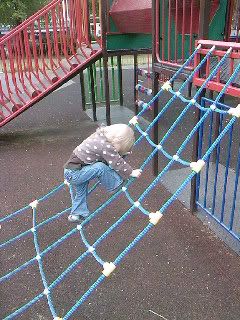There's middle ground, two examples spring to mind, one would be 'mindfulness' something which falls outside of strictly traditional medicine but which I think is gathering some good evidence - I just wait and watch, I don't think (yet) it has proven clinical application, but if I wanted to make a bet for the future, I'd consider a punt for mindfulness. There's also tree called the moringa tree which currently is being claimed to do all sorts of things, the new herbal fad, yet there are some interesting facts about it, less so than 'mindfulness' which I began to watch some years ago, I wouldn't lay even a longshot bet on it - but I do watch out of interest. Then there's stuff I dismiss, like amber teething necklaces - they simply fall into the 'stupid' category, there's no mechanism for them to work, no evidence and no measurable outcomes!
Atheism is a destination, an end point of view reached via a way of thinking, skepticism is one of many ways of thinking that can lead to atheism, so is liking a comedian that takes the piss out of religion, or believing that it is a sound conclusion because a respected thinker has arrived at it. Skepticism and atheism aren't necessarily connected.
Skepticism is often used to mean just doubt, but that's a tabloid approach. Wiki says it really succinctly:
This:
Compared to:Contemporary skepticism (or scepticism) is loosely used to denote any questioning attitude,[1] or some degree of doubt regarding claims that are elsewhere taken for granted.
http://en.wikipedia.org/wiki/SkepticismSkepticism is an approach to accepting, rejecting, or suspending judgment on new information that requires the new information to be well supported by argument or evidence.
I don't think I manage skepticism, but I try at it and in no way does it mean I 'should' doubt everything, far from it.






